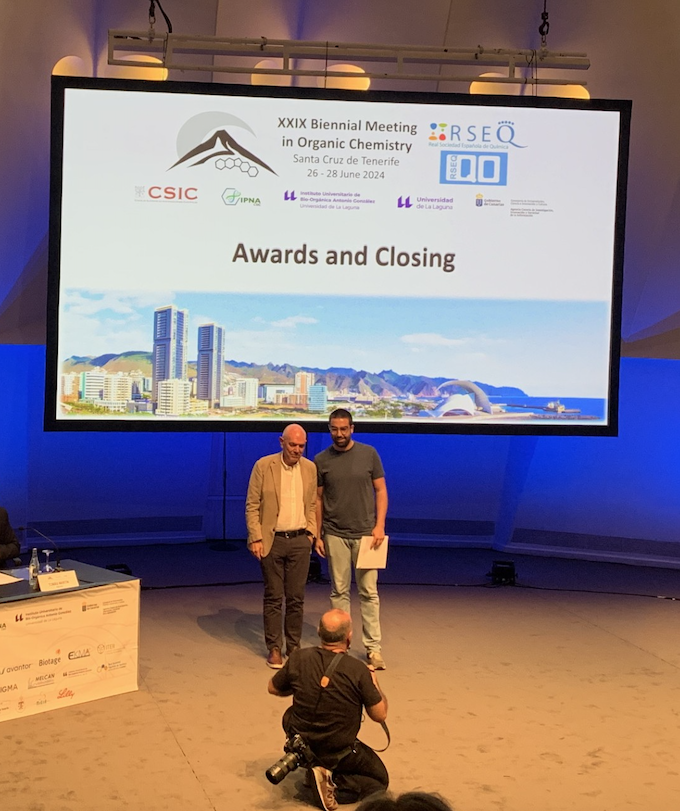Welcome to the Department of Inorganic and Organic Chemistry!
Our website has a new look! We are pleased to show our activities in teaching and research in a new modern coat. Head over to the Section of Inorganic Chemistry to see the colorful chemistry of metals, or over to the Section of Organic Chemistry to see what kind of intriguing compounds can be created with a backbone based on carbon. Do you wonder how we can help in your training? Just visit the pages in which we inform about our Degree, Master, and PhD Studies. Do you want to know about our research? Have a look at our research pages and find out what each research group does. Interested in using any of our characterization / analysis techniques? Head over to the services page!
If you are looking to join us, do not hesitate to contact the department head, or one of our group leaders! Still not finding what you are looking for? Send us an email and we will try to answer your queries as soon as possible!




